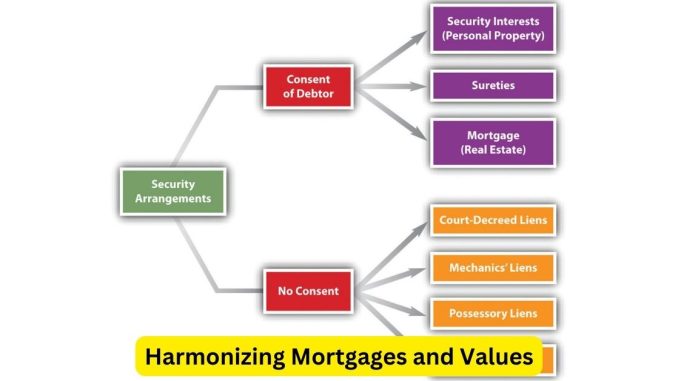
In the modern legal landscape, the intersection of mortgage law compliance and Environmental, Social, and Governance (ESG) initiatives has become increasingly significant. Attorneys, as stewards of legal adherence and ethical conduct, play a crucial role in navigating the complexities that arise when balancing mortgage regulations with the growing emphasis on sustainability and social responsibility.
ESG initiatives are gaining traction across industries, emphasizing a company’s commitment to ethical business practices, environmental sustainability, and social responsibility. Mortgage lenders, in recognizing their role in shaping communities, are incorporating ESG principles into their operations. This shift requires attorneys to navigate the evolving legal landscape while ensuring compliance with existing mortgage laws.
From an attorney’s perspective, addressing ESG considerations in the mortgage industry involves a comprehensive understanding of the legal frameworks governing lending practices. Attorneys play a vital role in advising lenders on how to align their operations with ESG principles without running afoul of existing mortgage laws.
One key area of focus is transparency in lending practices. Attorneys guide mortgage lenders in adopting transparent policies that disclose the environmental and social impacts associated with their loans. This may involve ensuring clear communication with borrowers about the energy efficiency of properties, potential environmental risks, and the lender’s commitment to fair and ethical lending practices.
Legal professionals also work to integrate social responsibility into mortgage practices, addressing issues such as affordable housing, community development, and fair lending. Attorneys may assist lenders in developing programs that support affordable housing initiatives, ensuring compliance with fair housing laws and regulations.
Environmental considerations are paramount in ESG initiatives, and attorneys are instrumental in guiding mortgage lenders through the legal intricacies of environmentally sustainable lending practices. This may involve incorporating green building standards into mortgage agreements, navigating energy efficiency financing options, and advising on legal frameworks related to property assessments based on environmental impact.
Moreover, attorneys help mortgage lenders navigate potential legal risks associated with ESG initiatives. By conducting thorough due diligence, legal professionals can identify and mitigate risks related to greenwashing, ensuring that lenders genuinely uphold the principles they espouse.
In conclusion, the integration of ESG initiatives into the mortgage industry represents a paradigm shift, and attorneys are at the forefront of harmonizing these principles with existing mortgage laws. The attorney’s perspective on mortgage law compliance and ESG initiatives involves not only ensuring legal adherence but also guiding lenders in creating sustainable, responsible, and ethically sound lending practices. As the mortgage industry continues to evolve, attorneys will play a pivotal role in shaping a legal framework that reflects the values of ESG initiatives while upholding the integrity of mortgage law compliance.
Leave a Reply